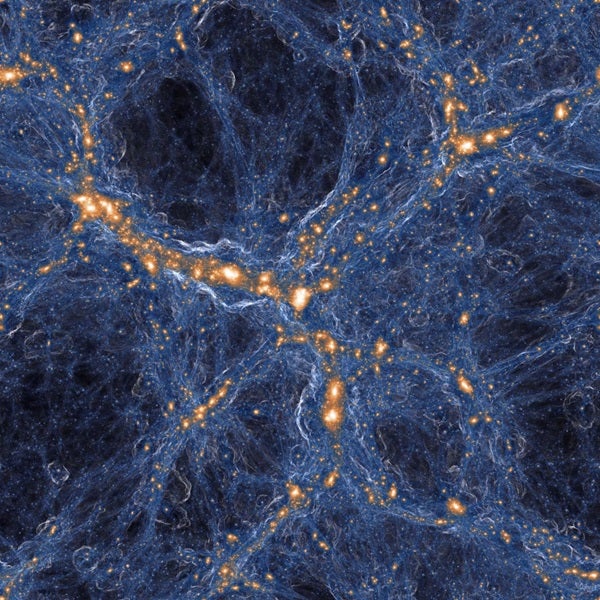Discovering a Relic of the Big Bang
Astronomers have uncovered a rare fossil cloud, a pristine remnant of the universe’s earliest moments, using the W.M. Keck Observatory in Hawaii. This extraordinary discovery, led by Fred Robert and Michael Murphy of Swinburne University of Technology, sheds light on how stars and galaxies formed in the early cosmos.
The fossil cloud, located far out in the universe, remains unpolluted by heavy elements released by exploding stars. Researchers estimate it contains less than 1/10,000th of the heavy elements present in the Sun. “It’s a true relic of the Big Bang,” Robert remarked. The find is significant because such clouds are extremely rare and provide a glimpse into the conditions shortly after the universe began.
The fossil cloud was spotted with the help of a bright quasar located behind it, illuminating its contents and allowing researchers to analyze the gas’s spectral shadows. This analysis revealed the cloud’s composition, which has remained largely unchanged since the Big Bang, offering an unspoiled view of the universe’s infancy.
This is not the first fossil cloud discovered; two similar clouds were identified in 2011. However, those finds were serendipitous, while this new discovery represents a systematic effort to locate these remnants. “It’s fantastic to finally discover one systematically,” said John O’Meara, co-discoverer of the earlier clouds.
The study of such fossil clouds can help scientists understand why some gases formed stars and galaxies in the early universe while others did not. As Michael Murphy explained, “Surveying these relics provides a clearer picture of what the universe was like during its earliest stages.”
With this breakthrough, astronomers have opened new avenues for studying the untouched materials of the cosmos, bringing us closer to unraveling the mysteries of the universe’s formation.
This work is set to be published in the journal Monthly Notices of the Royal Astronomical Society. An electronic preprint of the work is available on the preprint server arXiv.
















No comments